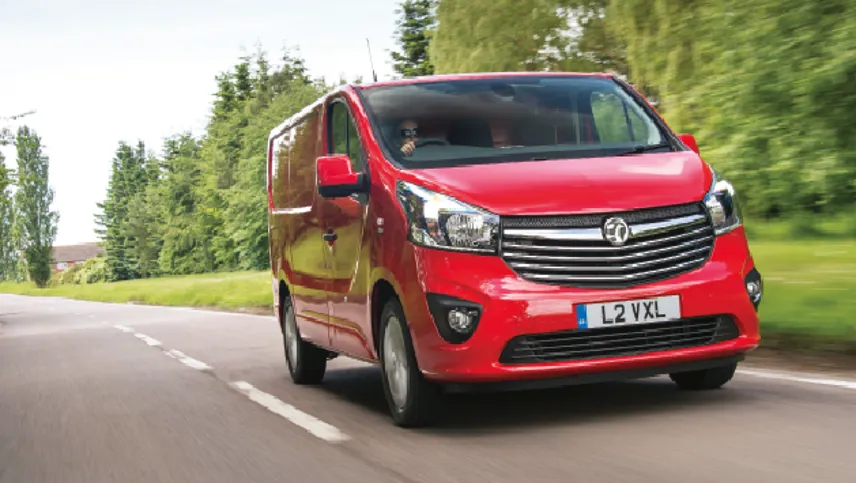Review
By Trevor Gehlcken
The arrival of the new Ford Transit Custom last year certainly put the cat among the pigeons in the medium panel van sector.
It is such an impressive performer that everything else was simply brushed aside when it came to handing out awards.
The Transit Custom won International Van of the Year 2013 and took the prize in its sector at the Fleet Van Awards both last year and this year.
One of its rivals which it surpassed was the Vauxhall Vivaro, which was launched in 2001. It was streets ahead of the opposition back then – and, indeed, wasn’t at all bad even at the end of its life.
But time and technology march on and its replacement has just hit the streets, offering new looks, enhanced practicality, better driveability and lower fuel consumption.
The Vivaro also makes an appearance as the Renault Trafic, but it isn’t just the same vehicle with a different badge.
The Vivaro is built at Luton using 40% UK-sourced parts, whereas the Trafic is built in France using components sourced elsewhere.
The Vivaro looks markedly different from the Trafic at the front end, too and is a lot chunkier and more stylish than its predecessor.
Inside, just about everything has been altered for the better, while a new range of more efficient engines power the van.
The old Vivaro was pretty car-like to drive, but this new model takes things to a new level, with the seats being dropped by 36mm and the steering wheel rake steepened.
Now, to all intents and purposes, the driver could be aboard an MPV with slick gearchanges and competent handling. Sound levels in the cab are similar too, so occupants can talk in hushed tones.
Meanwhile the driver’s seat is firm and supportive with plenty of padding in the lumbar area for comfort on
long journeys.
Our test model was the short wheelbase low roof 2.9-tonner with a 115hp diesel powerplant. Long wheelbase high roof variants will be along later in the year.
With a base price of £19,958, standard features include a digital radio with Bluetooth and USB connectivity, electric front windows, deadlocks, an immobiliser and a 12-volt socket in the load area, which is a handy bit of kit if your drivers need to plug anything in while working in the back.
Optional extras fitted to our test van were alloy wheels at £465, a rear loading pack with cargo lining at £420 – important in keeping the rear of the van in good condition for when you come to sell it – and air-conditioning at a monstrous £630. It is standard equipment on the higher spec Sportive model.
Engines in the Vivaro have been reduced in size from 2.0 litres to 1.6 litres but thanks to the advancement of engine technology, you really wouldn’t notice any reduction in pulling power. I particularly liked the Eco button on the dash, which slightly reduces the power to increase fuel economy by an estimated 5%.
However, using this option gave a rather lacklustre feel around town, so I tended to turn it off for urban use and back on again on the open road.





 Diesel
Diesel












